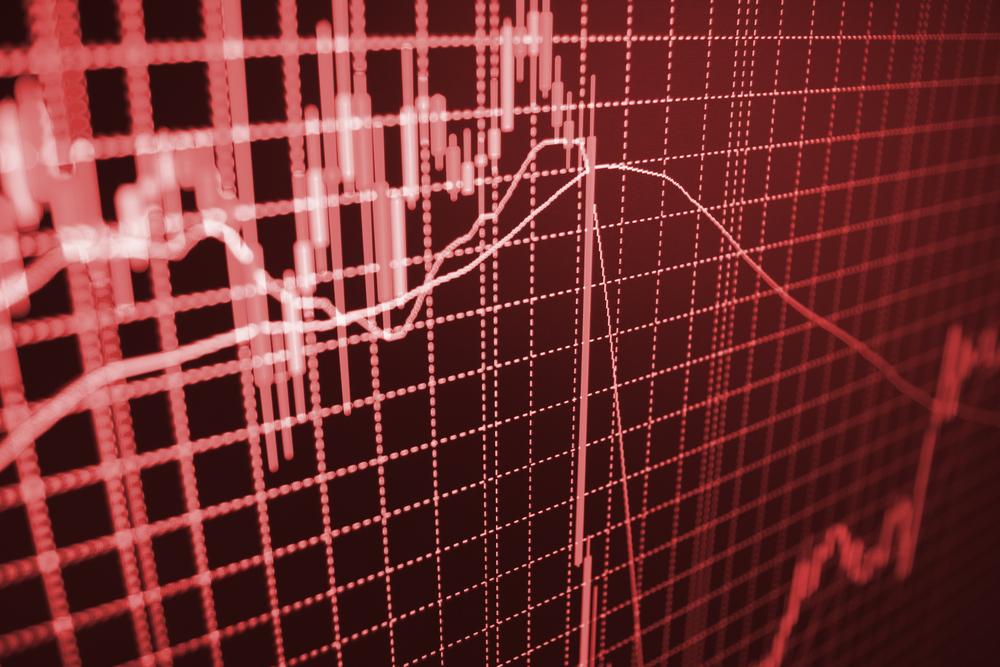After the leap year horror show took its fair share of casualties, global equities were keen to defiantly claw back ground, only to be halted as Coronavirus fears gripped the hearts of investors once again.
Despite becoming apt at finding any source of optimism to grab onto, markets were knocked back into correction mode on Thursday. By no means as bad as the losses suffered in the final week of February, the collapse of Flybe (LON:FLYB) and the first UK Coronavirus death prompted a day of reaffirmed pessimism.
The FTSE moved well away from its all-time high, while the Dow Jones dropped 700 points after the open. What seems to be really hitting investors is the realisation that it isn’t only the obvious sectors that are being hurt, but the impact of secondary risk factors, such as the virus’s effect on consumer habits, and on supply chains.
Speaking on the turnaround in global equities on Thursday, Spreadex Financial Analyst Connor Campbell stated,
“What started as a fairly calm session unravelled as the day went on, with investors once again gripped by panic about the cost of the coronavirus.”
“The Dow Jones – which is lurching from green-to-red on a day-by-day basis – shed 700 points as trading got started on Wall Street, plummeting back under 26400 in the process.”
“This ensured that the European indices spent another session struggling under the weight of the current outbreak uncertainty. The FTSE, which was already having a bad one, saw its losses expand to 125 points, forcing it below 6700. The DAX, which had started the day flat, ended up shedding 1.5%, while the CAC lost more than 100 points as it fell towards 5350.”
“How things pan out on Friday morning may well be dictated by just how bad things get by the US close. The Dow has really shown a willingness to MOVE in the last week and a half, posting insane triple or quadruple-digit shifts that come to inform the Asian and European sessions.”
“Investors appear to be caught between the brief bursts of optimism that tend to greet the various stimulus announcements we’ve seen, and the growing awareness that the coronavirus isn’t going away any time soon, and that its economic impact will hurt sectors far beyond those– like travel firms and commodity stocks – that immediately come to mind.”

